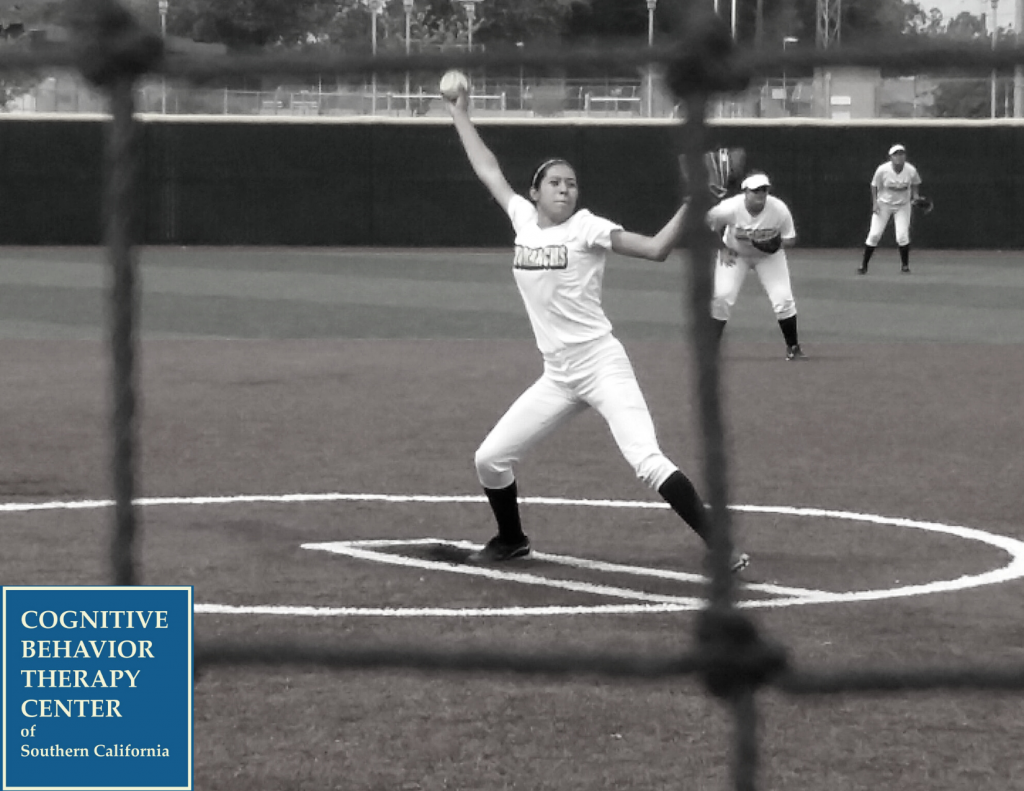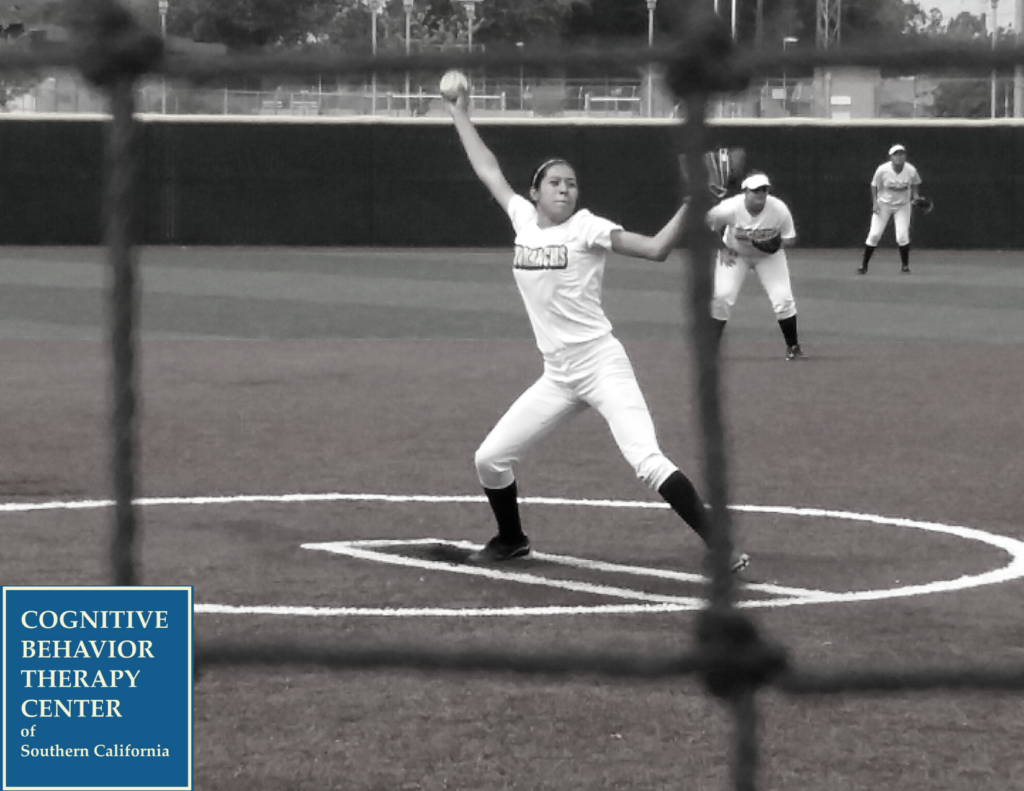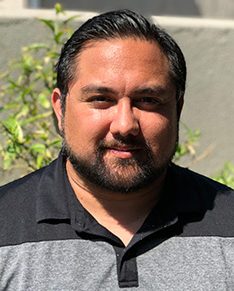Sport Psychology Case Study: A women’s community college softball team. Part 5 Mental health


Community college softball, like all athletic competitions, comes with emotional highs and lows. Softball teams set goals for themselves and their journey to achieve those goals is often fraught with difficulties. Of course, it can be immensely helpful to create a team atmosphere that encourages the growth mindset and team cohesion. Furthermore, an athlete’s mental skills related to regulating their thoughts and feelings during athletic performance are crucial tools for overcoming emotional difficulties. However, often times the emotional strain of competition is best helped by a mental health professional.
In previous articles, I have discussed my sport psychology work with a community college women’s softball team based in Los Angeles. This team had an especially emotionally challenging season, as interpersonal conflicts led approximately half of the team to quit before the start of the season. The remaining players were largely inexperienced in softball. They were largely from working class backgrounds, many of whom struggled financially and academically. Many of the players also struggled with personal issues related to mental health and family issues. As previously mentioned, this team went on to lose most of their games before winning the final game of their season.
How do you help softball players with mental health?
Each week I would meet with the team for about 30 minutes for our sport psychology sessions. I would often arrive at the field before our meetings and chat with the players. I would ask them about their goals for practice that day, ask them how their classes were going, or simply be present allowing players to approach me if they chose. Student-athletes often wish to appear as if they are optimistic and unbothered. However, on several occasions, I would begin a conversation with a player who appeared perfectly happy, but would immediately begin sobbing once we began talking. Sometimes players would describe the trauma of their physical injuries, sometimes players would inform me that they were no longer academically eligible, other times players would let me know about difficulties in their personal lives. Since this would often be only a few minutes before the start of practice, I was usually limited to being able to listen to them non-judgmentally while they unburdened themselves. At times, I would also offer to call the Student Counseling Center for them and help them to schedule an appointment. I would then make a mental note to myself to check in with them again in the near future.
How do you help coaches with the stress of their job?
Aside from meeting with the team, I spent considerable time meeting with the coach. Coaching is a stressful job and this was an especially stressful season. I was often a sounding board for the coach before games, before practices, and at late night meetings throughout the season. My role was not to offer softball advice. My role was to offer the coach space to discuss her concerns about the welfare of the players. If I was asked, I would offer suggestions on how to approach players about their issues related to substance abuse, academic difficulties, or interpersonal conflicts. At other times, my role was to offer the coach space to open up about her emotional experience related to the season. Coaches often demonstrate confidence and strength to their team and they can greatly benefit from a non-judgmental listener.
Although these small moments with the players and coach may seem simple, they can be greatly beneficial to their mental health during a long and difficult season. In part 6, I will finish discussing how I supported the team. If you are interested in learning more about if sport psychology, conducted online, would be helpful for you then schedule a free phone or video consultation.

Dr. Jason von Stietz specializes in Cognitive Behavior Therapy and Sport/Performance Psychology in Torrance, CA. He provides online therapy (telehealth) by way of the Torrance office and is available for a free initial phone consultation. Dr. von Stietz works with individuals from Long Beach, the greater Los Angeles area, and the South Bay including Palos Verdes, Redondo Beach, Hermosa Beach, Manhattan Beach, El Segundo and all over California.




